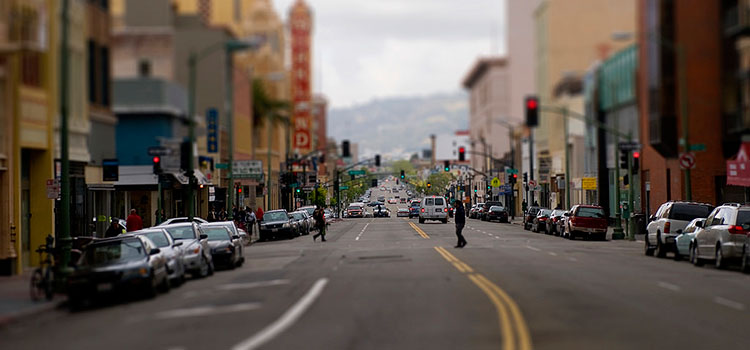The cannabis licensing plan in Oakland, California — which would see half of the city’s permits go to individuals jailed for marijuana convictions in the last 10 years, or to those who have lived in one of six police beats with high concentrations of marijuana arrests — could go up in smoke because state law permits the denial of those very same individuals, according to a San Francisco Chronicle report.
The equity permit program, passed unanimously by the City Council in May, was designed as a form of reparations for the war on drugs; now, however, four of the eight council members are proposing changing the program and a Modesto-based attorney contends that it’s unconstitutional to begin with.
Under the plan, equity applicants must own at least a 50 percent stake in the business seeking a city permit, but companies need permits from both the city and the state. State regulators can deny licenses to people who have committed a crime related to the business they are looking to enter.
Laurel Goddard, spokesperson for the Bureau of Medical Cannabis Regulation, said the body would review all applications on a case-by-case basis, but indicated that their rules do permit for denials based on felony convictions related to cannabis.
The lead author of the Medical Marijuana Regulation and Safety Act, Assemblyman Rob Bonta, said he could “definitely see” a permit being issued by the city of Oakland but not by the Cannabis Bureau.
“It’s one thing to be permissive and say, ‘Hey, a felony won’t count against you because we don’t want to carry forward wrongs of the past,’” Bonta said in the report. “It’s another to say, affirmatively, that you’re going to get something because you had a felony conviction.”
It’s that affirmation that could cause legal problems, according to Naresh Channaveerappa, a lawyer that represents canna-businesses.
“Anyone who is harmed by this preferential treatment has legal ground to challenge it,” he said.
Other critics argue that few people will qualify under the equity program, leaving the city with just half of the number of dispensaries that would be permitted without the equity rules.
Terryn Buxton, a cannabis industry consultant and member of the city’s Cannabis Regulation Commission, says that licensing programs in other cities that use past convictions as a “barrier to entry” are unfair, but the rules must be inclusive.
“Whether you’re a street dealer or you run a farm in Humboldt, you shouldn’t be frozen out,” he said.
Get daily cannabis business news updates. Subscribe
End
